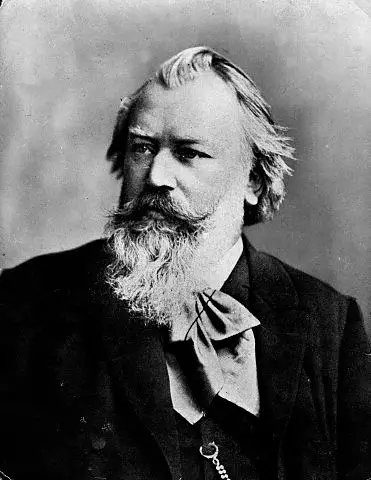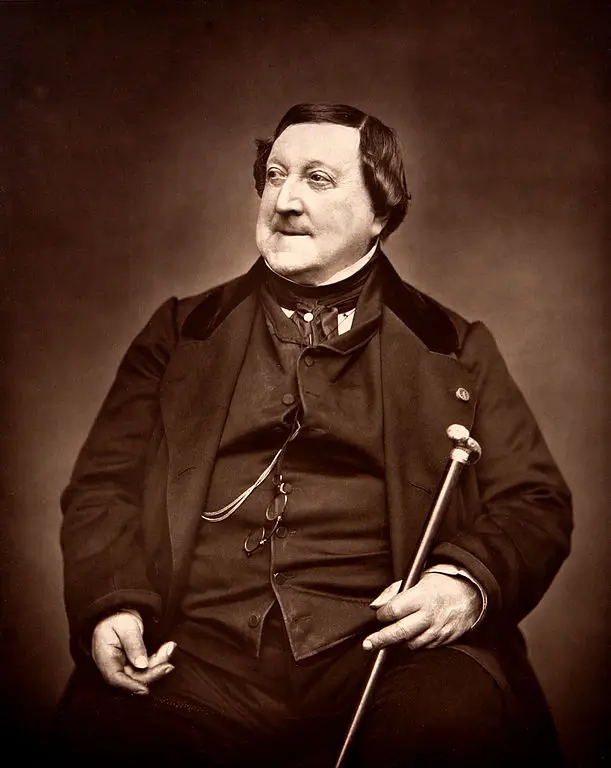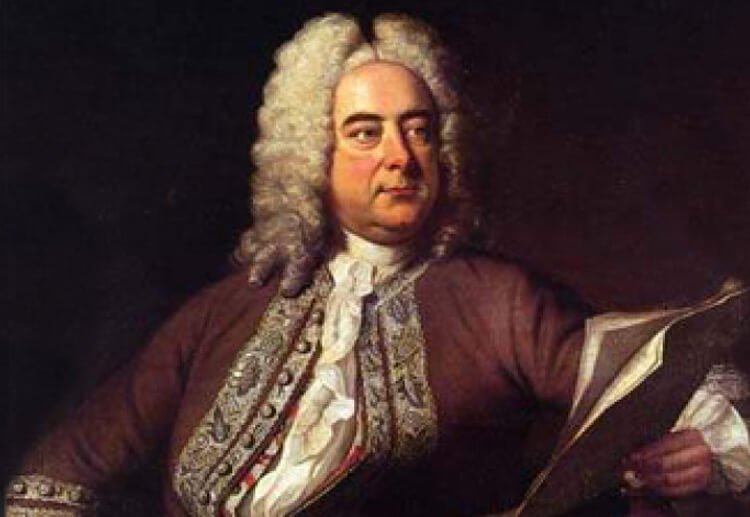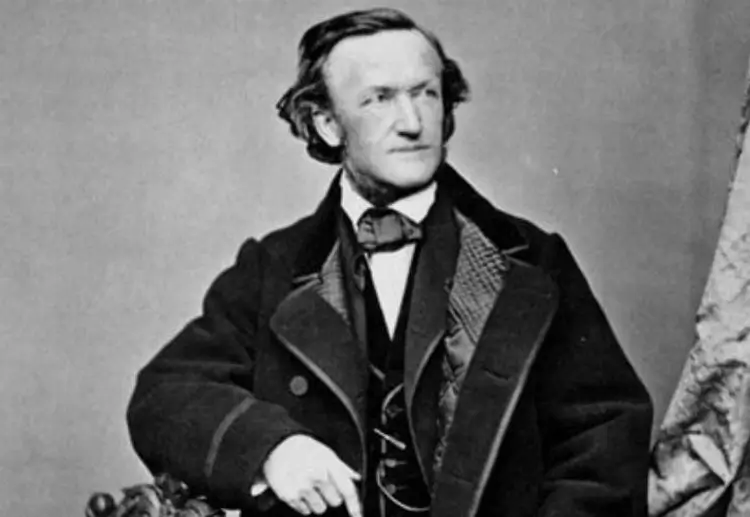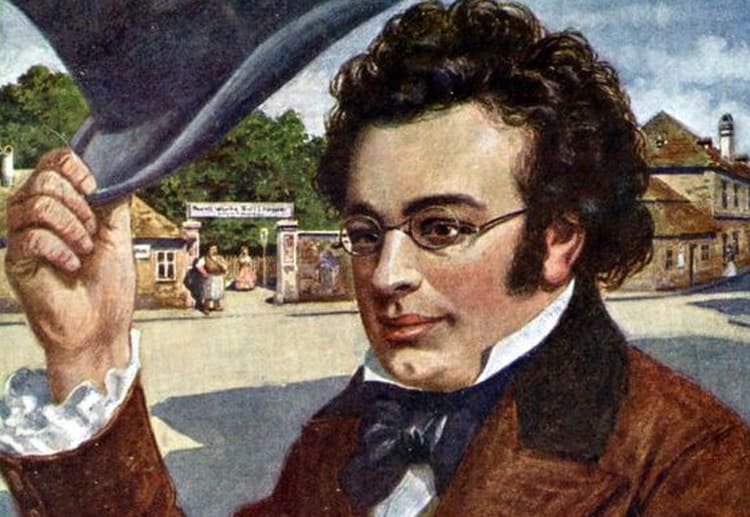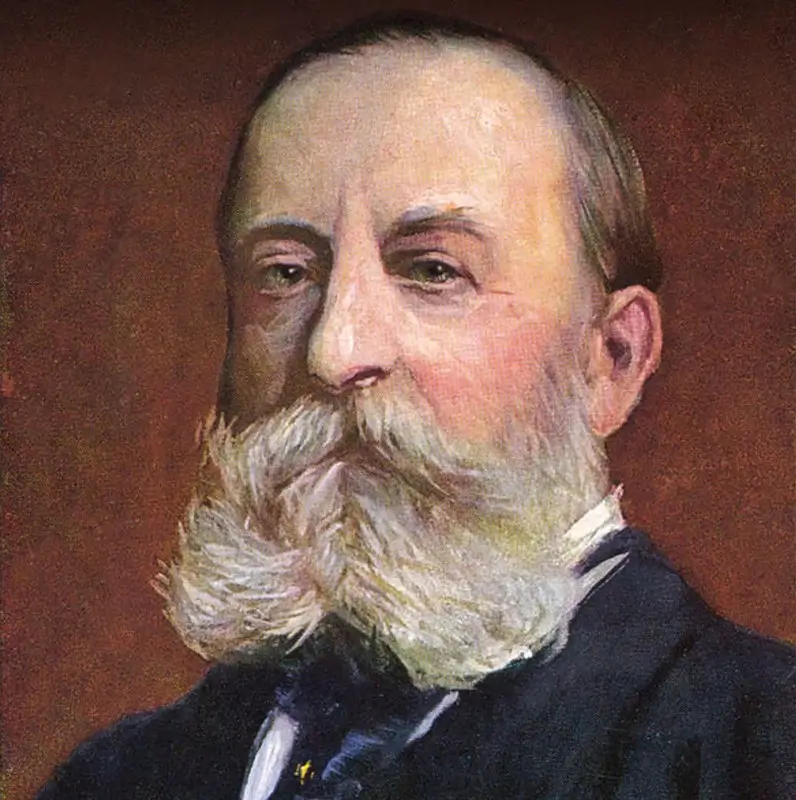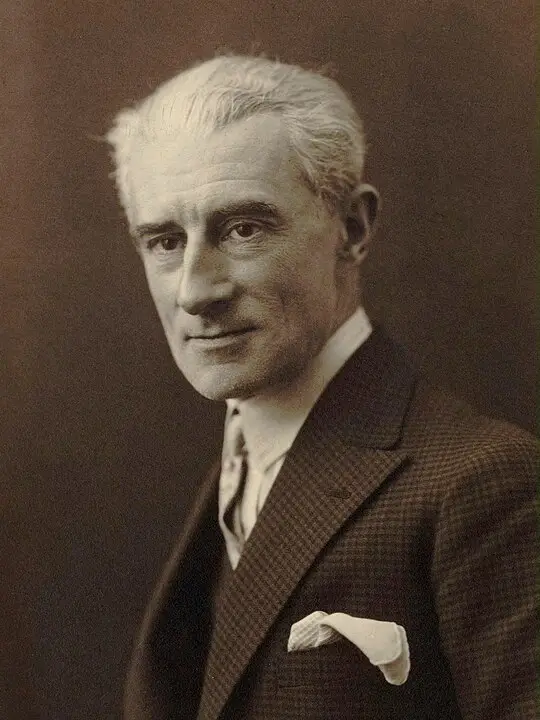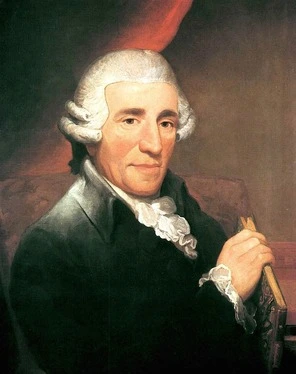Introduction
Johannes Brahms, one of the most influential composers of the Romantic era, left an indelible mark on the world of classical music. His compositions, characterized by their emotional depth and technical brilliance, continue to captivate audiences to this day. This article will delve into the life and works of Brahms, exploring his early years, musical training, major compositions, connections to other composers, character and philosophy, life in the city where he lived, and his death and legacy.
Early Life
Johannes Brahms was born on May 7, 1833, in Hamburg, Germany. He was the second of three children in a modest family. His father, Johann Jakob Brahms, was a musician who played the double bass, while his mother, Johanna Henrika Christiane Nissen, was a seamstress. Brahms showed an early aptitude for music, and his father recognized his talent and nurtured it.
Musical Training and Development
At the age of seven, Brahms began taking piano lessons from his father. He quickly displayed exceptional talent and was soon performing in public. Recognizing his son’s potential, Brahms’ father sought out the best teachers for him. Brahms studied composition with Eduard Marxsen, a renowned music teacher in Hamburg. Under Marxsen’s guidance, Brahms honed his skills and developed a deep understanding of musical theory and structure.
Major Works and Compositions
Brahms’ body of work is vast and encompasses a wide range of musical genres, including symphonies, concertos, chamber music, choral works, and solo piano pieces. Some of his most notable compositions include his four symphonies, the German Requiem, the Violin Concerto in D major, and the Piano Concerto No. 2 in B-flat major. These works showcase Brahms’ mastery of form, his ability to evoke deep emotions, and his innovative use of orchestration.
Connections to other Composers
Brahms had significant connections to other composers of his time, most notably Robert Schumann and Clara Schumann. Brahms developed a close friendship with Robert Schumann, who recognized his talent and became his mentor. After Robert’s tragic mental breakdown, Brahms supported Clara Schumann, Robert’s wife and a renowned pianist, both emotionally and musically. Their relationship was complex and fueled much speculation, but it undoubtedly influenced Brahms’ compositions.
Character and Philosophy
Brahms was known for his reserved and introverted nature. He was a perfectionist who meticulously crafted his compositions, often spending years refining them. Brahms believed in the importance of tradition and craftsmanship, and he was deeply influenced by the works of classical composers such as Bach, Beethoven, and Mozart. He sought to uphold the standards set by these masters while infusing his own unique voice into his compositions.
Life in Vienna
Brahms spent a significant portion of his life in Vienna, Austria, a city renowned for its vibrant musical scene. Vienna provided Brahms with a rich cultural environment and ample opportunities to collaborate with other musicians. He became a prominent figure in Viennese musical circles and was highly respected by his peers. Brahms enjoyed the intellectual and artistic stimulation that Vienna offered, and the city became a source of inspiration for many of his compositions.
Death and Legacy
Johannes Brahms passed away on April 3, 1897, in Vienna. His death marked the end of an era in classical music. Brahms’ legacy is immense, and his influence can be seen in the works of countless composers who followed him. His compositions continue to be performed and celebrated worldwide, and his impact on the development of classical music cannot be overstated. As the renowned conductor Herbert von Karajan once said, “When you hear Brahms, you hear the whole world of music.”

